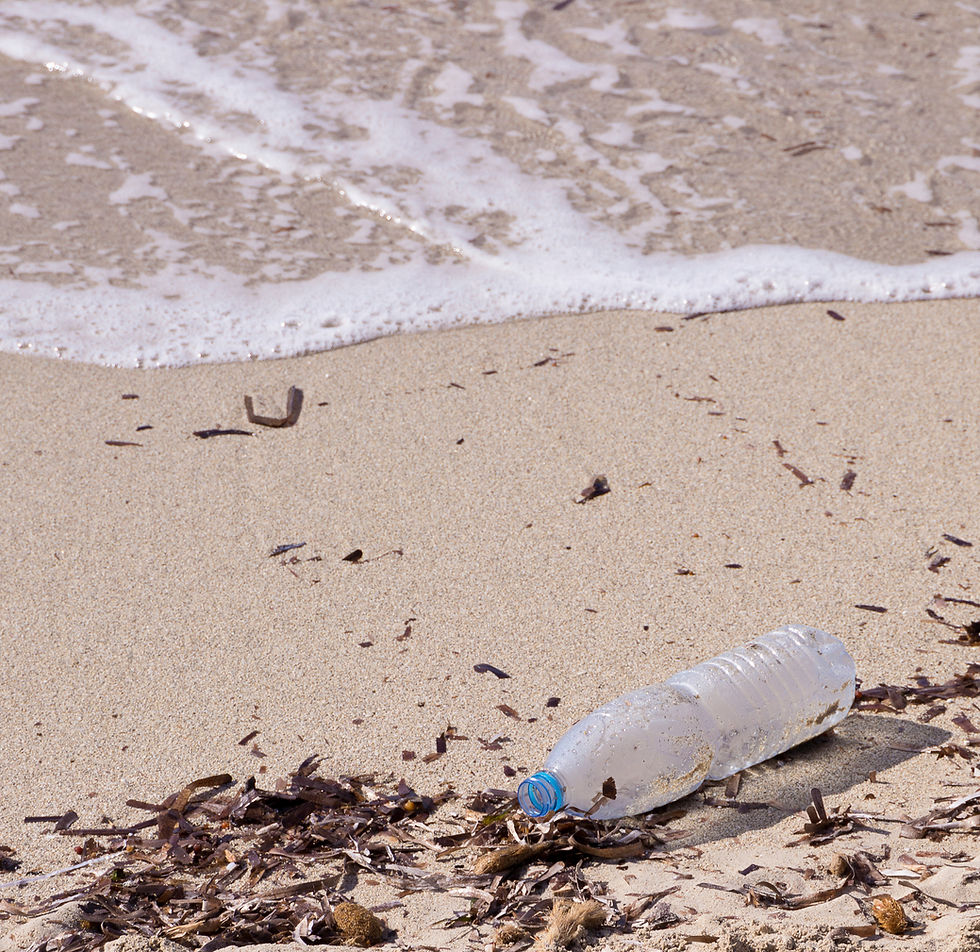
Plastic pollution is one of the most pressing environmental issues we face today. Its impact on the Earth's ecosystems and human health is profound and far-reaching. Here are some interesting facts about plastic pollution:
Global Plastic Production: Since the 1950s, approximately 8.3 billion tons of plastic have been produced worldwide, and it's estimated that production is set to double by 2050.
Plastic Waste: Of all the plastic ever produced, it's estimated that only 9% has been recycled, 12% has been incinerated, and a staggering 79% has ended up in landfills or the environment.
Single-Use Plastics: Over 40% of plastic produced is for single-use items, which means they are used once and then discarded.
Oceans and Microplastics: It's estimated that up to 12 million tons of plastic enter our oceans each year. This plastic breaks down into microplastics, pieces smaller than five millimeters, which can be ingested by marine life, entering the food chain.
Marine Species at Risk: More than 800 species worldwide are affected by marine debris, and at least 267 of these species have been reported to have ingested or become entangled in plastic.
Plastic Islands: There are five massive patches of plastic in the oceans around the world, with the Great Pacific Garbage Patch, located between Hawaii and California, being the largest. It is twice the size of Texas.
Chemical Leaching and Human Health: Plastics can leach harmful chemicals into foods and drinks. Bisphenol A (BPA), a chemical found in many plastics, has been linked to health problems, including hormone disruption and cancer.
Plastic in Rain: Microplastics are now so pervasive in our environment that they're even found in rainwater and in the air we breathe, with unknown effects on human health.
Plastic and Climate Change: The production and incineration of plastic contribute to greenhouse gas emissions, significantly impacting climate change. If current trends continue, by 2050, the plastic industry could account for 20% of the world's total oil consumption.
Economic Impacts: The economic damage from plastic pollution affects industries such as tourism, fishing, and shipping. Cleaning up beaches and coastlines is costly for communities and governments.
Plastic Recycling is Complex: Different types of plastics are often not compatible with each other for recycling. The symbols on plastics (#1 through #7) indicate the type of plastic, and not all types are recyclable in all places.
Biodegradable Plastics: While biodegradable plastics are often touted as a solution to plastic pollution, many require specific conditions to break down fully and can still produce harmful residues.
Plastic-eating Bacteria: Scientists have discovered certain bacteria that can degrade plastic. This research is ongoing, but it's hoped that it could lead to innovative solutions for plastic waste in the future.
Legislation Against Plastic: Many countries have started to take action against plastic pollution, banning single-use plastics, implementing plastic bag taxes, and encouraging the use of alternative materials.
Plastic Footprint: Like the carbon footprint, the concept of a plastic footprint is becoming more common, which measures the amount of plastic an individual or organization uses and discards.
The issue of plastic pollution is intertwined with how societies produce, use, and dispose of materials. Reducing plastic pollution requires a multifaceted approach, including better waste management systems, education, reducing production of unnecessary single-use plastics, and finding sustainable materials.

Comments